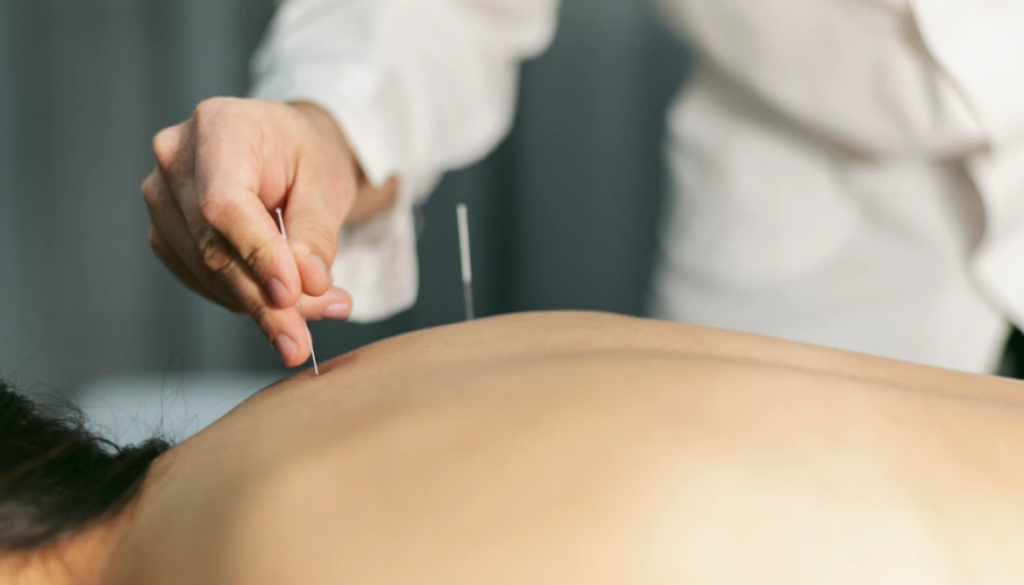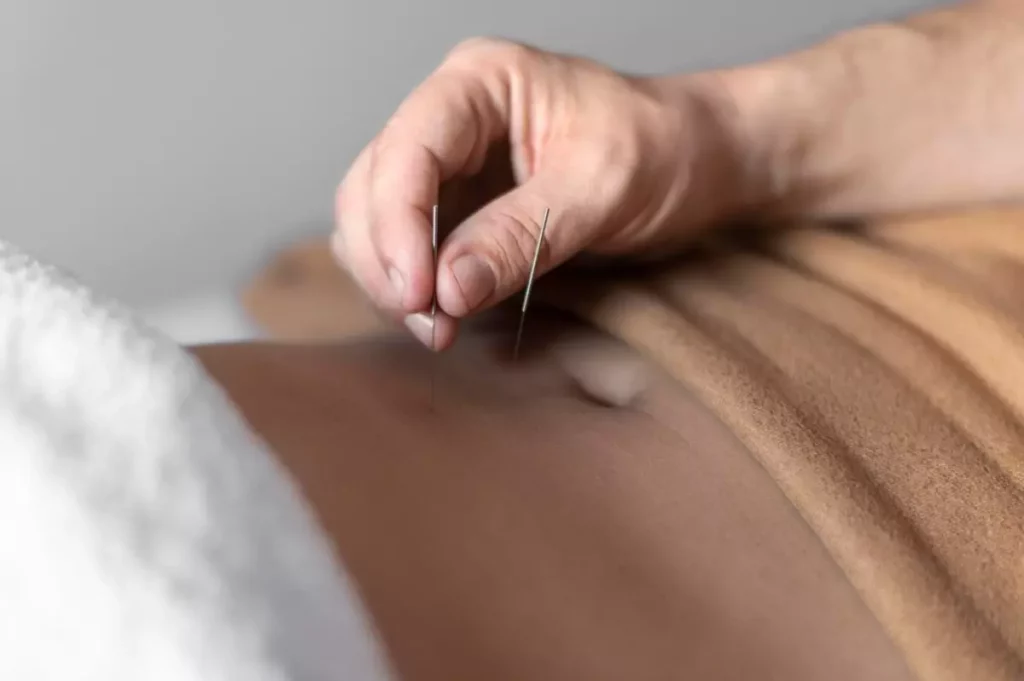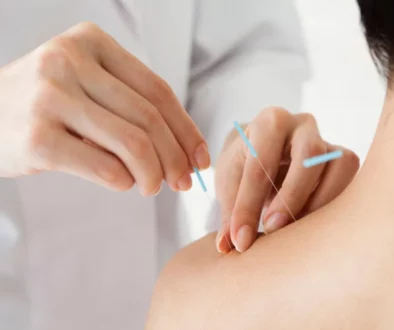Traditional Chinese Medicine: What You Need To Know
Traditional Chinese medicine dates back to at least the 2nd century B.C. Some people believe that it dates back even further to the Shang Dynasty. People still use this form of medicine today, making it one of the longest-running forms of medical care.
Many westerners are suspicious of traditional Chinese medicine in comparison to western medicine, but why? What is traditional Chinese medicine anyway? If so many people have benefited from these alternative practices, isn’t there clearly validity to them?
We’re here to talk about traditional Chinese medicine so you can make an informed choice about your health. Read on to learn more.
What Is Traditional Chinese Medicine?
Traditional Chinese medicine (TCM) is an ancient practice that predates almost all other forms of medicine that we have available today. It’s been developing for thousands of years, and while many things have changed over that time, the basic practices have stayed stable.
Traditional Chinese medicine is holistic. Practitioners heal all aspects of the body, referred to as Qi, through a variety of unique practices that have been tried and tested for millennia.
Everything from the ambiance of the room to the mood of the practitioner impacts the experience that one will have when they go to and leave their appointment.
Many people think that Chinese medicine is diametrically opposed to western medicine, but this isn’t the case. In China, professionals often combine both methods to meet all of their patients’ needs.
What Kind of Practices Does TCM Use?
There are a wide variety of Chinese medicine practices. Not all of them are popular in the west (bloodletting, for example, has not caught on), but you may recognize some as being commonplace even in spas.
TCM balances yin and yang in the body, and the practices represent that.
Common practices include acupuncture, Gua Sha, cupping, aromatherapy, and Onnetsu Far-Infrared Therapy. Some practitioners will also use nutrition in their practice and suggest meals to their clients that will improve their overall health.
What Should I Expect From Traditional Chinese Medicine on My First Visit?
You may be nervous about your first visit to a TCM practitioner, but you shouldn’t be!
- The TCM practitioner will start by observing your appearance, personality, and behavior. They may also check your pulse and feel any areas in which you’re experiencing pain.
- They’ll ask how you’re feeling and why you’re visiting them. Many people get TCM when they’re feeling healthy, so if you don’t have a specific purpose there, it’s okay. Tell them about your sleeping habits, any pain or illness, and anything else that may be bothering you.
- They’ll listen to your voice, your breath, and your cough (if applicable). They may also pay attention to your scent.
- After a thorough examination, the TCM practitioner will “diagnose” you. This won’t be like a standard medical diagnosis. Instead, the practitioner will identify any imbalances in your body that could be causing your discomfort.
- They’ll then create a treatment plan for you.
How Do You Find a Qualified TCM Practitioner?
Finding a genuine TCM practitioner who understands Chinese healing practices isn’t easy. There are many people who claim to be experts, but who really take advantage of their patients.
When you’re looking for a qualified practitioner, learn about their background and experience. Have they learned in China? Do they have any kind of formal education?
Formal education isn’t a must, but the practitioner should have learned under an expert at the very least.
Improve your health with acupuncture at Cross Up Acupuncture Clinic
Now that you know the answers to “what is traditional Chinese medicine?”, are you ready to experience healing? This unique approach to wellness can change your life.
At Cross Up Acupuncture Clinic, we use a variety of tried and tested methods of Chinese medicine to help our clients become their best and healthiest. Contact us to schedule your first appointment.






